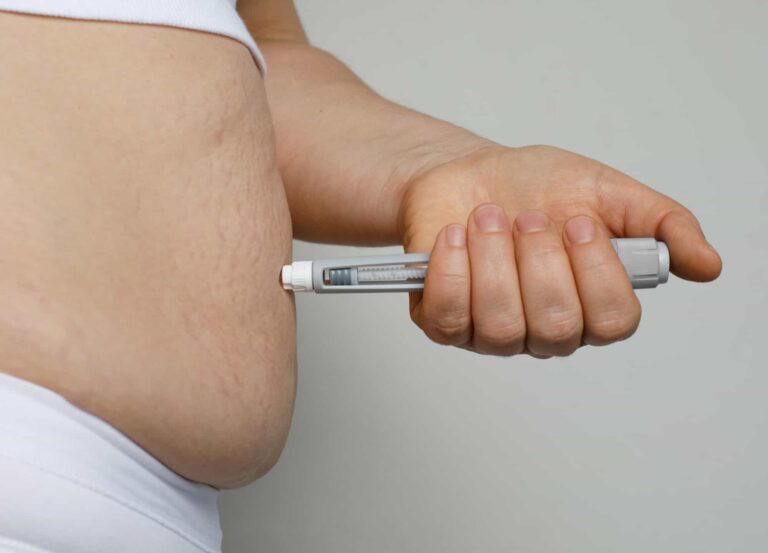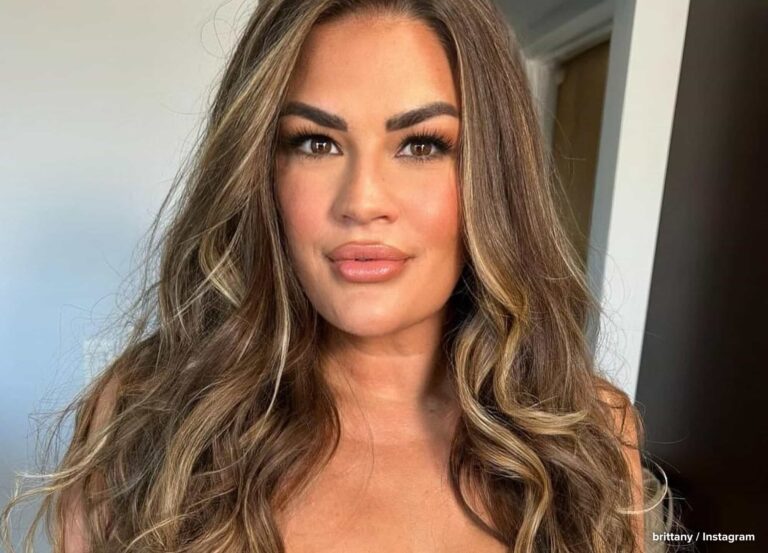Featured Experts
Dr. Jennifer Levine, a board-certified facial plastic surgeon in New York City
Dr. Johnny Franco, a board-certified plastic surgeon in Austin, Texas
When you’re prepping for plastic surgery, it’s a big deal (not to mention standard practice) to take a close look at any supplements you take. There are some supplements that don’t mix with surgery, since they can lead to complications, while some medications, like blood thinners, can interfere with healing. Now you can add Ozempic, the weight-loss medication that’s become a hot topic among celebrities, to the list of medications to stop ahead of surgery. Here’s why.
Why Ozempic and plastic surgery don’t mix
It’s a matter of anesthesia. “Aspiration is a real concern with general anesthesia and is the reason that patients are told, ‘Nothing to eat or drink after midnight’ the night before a procedure,” says Dr. Jennifer Levine, a board-certified facial plastic surgeon in New York City. (Aspiration is when food or liquid gets caught in the airway and ends up in the lungs.)
Part of the way GLP-1 (glucagon-like peptide-1) agonists, such as Ozempic, Wegovy, and Mounjaro, work to induce weight loss is by delaying gastric emptying. “The delayed gastric emptying prolongs the presence of food in the stomach, posing potential risks during general anesthesia,” says Dr. Johnny Franco, a board-certified plastic surgeon in Austin, Texas.
That’s because during general anesthesia, patients are put to sleep. During this time, “their muscles, including those responsible for closing valves in the stomach, become relaxed,” says Dr. Franco. “This relaxation increases the risk of aspiration, where stomach contents may enter the throat and lungs.” This, in turn, can lead to an infection called aspiration pneumonia.
The good news is that this is only a risk for surgical procedures for which general anesthesia is nonnegotiable, like rhinoplasty, abdominoplasty, and breast reduction, says Dr. Levine.
What plastic surgeons are telling patients
This isn’t just hypothetical. Now “reports of aspiration during surgery due to incomplete stomach emptying have surfaced,” says Dr. Franco. To that end, the American Society of Anesthesiologists (ASA) recently released new guidance for elective surgeries, advising patients to stop taking the GLP-1 agonists the day of surgery if they take it daily or a week before surgery if they take it weekly. (If you take it for diabetes versus weight loss, talk to your endocrinologist.)
Many plastic surgeons, including Dr. Franco and Dr. Levine, are being even more conservative in their recommendations; both ask patients to suspend use two weeks before their scheduled surgery.
“First, it significantly reduces the risk of delayed gastric emptying and aspiration in patients,” says Dr. Franco. “Second, it allows patients to achieve a healthy weight and optimal nutritional status before undergoing surgery, contributing to overall better outcomes.” GLP-1 agonists also stymie your appetite, so suspending it for two weeks can ensure you’re eating enough nutritious food, such as protein, for proper healing.
While this isn’t included in the guidance from the ASA, doctors are also asking patients to hold off on taking their GLP-1 agonists after surgery too. “We have the patients hold the injections for a week or two after the procedure,” says Dr. Levine. “You want to make sure that after a procedure, patients are eating and drinking well and have good nutritional status so they are able to heal.”
Dr. Franco, for his part, asks patients to withhold their medications for at least two weeks—or longer for extensive surgeries like mommy makeovers, tummy tucks, and breast lifts. For these, he tells patients to stop taking Ozempic for anywhere from a month to six weeks, since “longer incisions are involved and require sufficient healing time,” he says. “Moreover, the resumption of these medications is contingent upon clearance from their surgeon, ensuring that all incisions have healed adequately.”
It can be a hard sell to get patients to stop taking the medication even temporarily, as research has shown that discontinuing GLP-1 agonists can lead to weight regain. Even so, however, several weeks without Ozempic injections shouldn’t make a huge dent in weight loss—and it’s worth the potential pause in progress to ensure surgery goes smoothly and safely.











